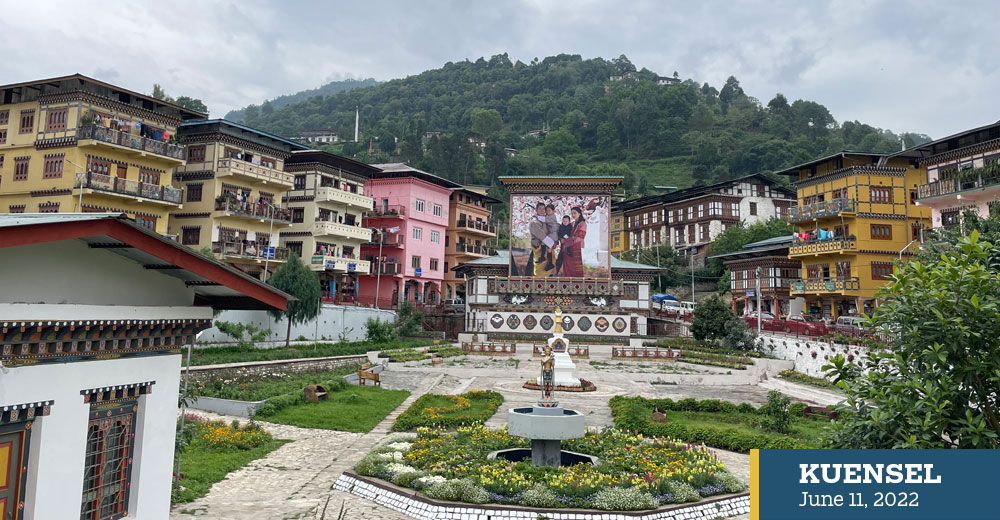Tshering Namgyal | Mongar
Tenants and building owners in Mongar have to now abide by the Tenancy Act as the dzongkhag’s engineering and human settlement sector issued lease agreement forms to all building owners in the town.
This comes after the Ministry of Works and Human Settlement (MoWHS) issued a notification mandating a lease agreement between tenants and house owners.
Tenants in Mongar, who grappled with housing shortage and rent hikes, welcomed the move.
They said the agreement will protect them and prevent the house owners from increasing the rents as and when they like it.
“House owners cannot ask us to vacate the house immediately, but serve us two months’ notice,” a tenant said.
A resident, whose rent has been increased by more than 30 percent in a short time, said he could not raise any voice fearing he would be asked to move out instantly because there is no agreement drawn to serve the notice.
“With this agreement, I feel a little safe but the house owners have the upper hand in anyway because there are no adequate houses available,” he said.
Another resident, Dorji, said the house owner would indirectly say they would carry house maintenance and ask tenants to vacate when they have a new tenant willing to pay higher rent.
Residents said rents have also increased drastically crossing Nu 50,000 for the commercial space over the years.
Meanwhile, the Tenancy Act mandates house owners to provide written notice to tenants three months before increasing the rent.
It also prescribes house owners to increase the rent only 24 months after the agreement was drawn. “Security deposit is also not necessary.”
Due to housing problem, people reside in Wengkhar, Kilikhar, Ridaza, Hurungpam and Pekchurung.
A building owner in Kilikhar, Ugyen, said people come there to ask if there were vacant flats but they couldn’t be helped.
In recent years, it’s been found that there were several disputes arose between tenants and landlords of which two cases reached the court after the dzongkhag dispute settlement committee could not resolve the issue.
The dzongkhag has also issued the same notice to all satellite towns and gewog towns of 17 gewogs.
Officials from the dzongkhag engineering and human settlement sector said the agreement would serve as a basis for rights if conflict arises.
Officials said house owners were given a deadline until the end of February and while most of them have submitted a copy of the agreement to the dzongkhag, few did not submit.
However, residents said housing issue in Mongar could be only solved if National Housing Development Corporation construct housing colony.
A corporate employee said even corporate offices are located in private buildings adding to the housing shortages.
“The housing colony will help in providing affordable rents,” he said.
Another resident, Karma, said having a separate location for corporate offices on leased land will also ease the housing crunch issue and help in public service delivery.
The housing issue was also discussed in the dzongkhag tshogdu a couple of times and the resolution was also submitted to NHDCL for housing colonies.
In December 2019, NHDCL had written back to the dzongkhag tshogdu secretariat that dzongkhag housing proposal report was completed and would be submitted to the ministry of finance for budgetary support.
The letter stated that NHDCL also had discussion with the Asian Development Bank and was keen to support the project.
Sources from NHDCL said the plan to come up with the housing colony with the Asian Development Bank fell in the second phase in the 12th Plan after prioritising the plan based on the severity of the need.
“We’re in the stage of identifying area in consultation with the dzongkhag administration before deciding on the number of units to be constructed,” an official said.


